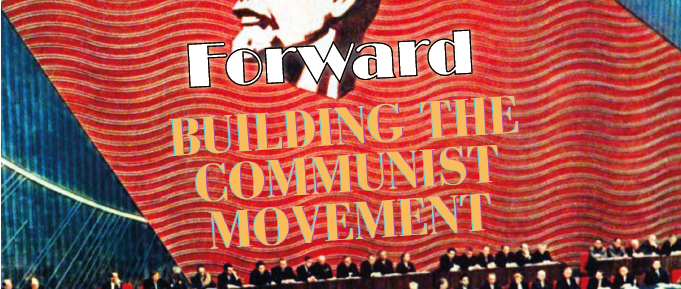“Only a party which has mastered the Marxist-Leninist theory can confidently advance and lead the working class forward. On the other hand, a party which has not mastered the Marxist-Leninist theory is compelled to grope its way, loses confidence in its actions and is unable to lead the working class forward. It may seem that all that is required for mastering the Marxist-Leninist theory is diligently to learn by heart isolated conclusions and propositions from the works of Marx, Engels and Lenin, learn to quote them at opportune times and rest at that, in the hope that the conclusions and propositions thus memorized will suit each and every situation and occasion. But such an approach to the Marxist-Leninist theory is altogether wrong. The Marxist-Leninist theory must not be regarded as a collection of dogmas, as a catechism, as a symbol of faith, and the Marxists themselves as pedants and dogmatists. The Marxist-Leninist theory is the science of the development of society, the science of the working-class movement, the science of the proletarian revolution, the science of the building of the Communist society. And as a science it does not and cannot stand still, but develops and perfects itself. Clearly, in its development it is bound to become enriched by new experience and new knowledge, and some of its propositions and conclusions are bound to change in the course of time, are bound to be replaced by new conclusions and propositions corresponding to the new historical conditions. The Marxist-Leninist theory is not a dogma but a guide to action”.
– Joseph Stalin, History of the CPSU(b).

Forward #33 – Building the Communist Movement
As the CYM enters a transition period, we face fundamental questions and an opportunity to re-define ourselves and advance our knowledge by examining the successes and failures of the past, a window to be inventive and optimistic about what the future could hold. Articles in this issue will focus on looking at what worked in the Communist movement in Ireland and internationally in the past, how parties organised themselves, what methods they applied, and their results. As scientific socialists, we must analyse history and adjust our theory in the light of practice. What would the ideal Marxist-Leninist party look like? How should it engage with society and mobilise social forces for change? How should democratic centralism operate? How should cadres educate themselves and communicate their findings to their communities? This issue is an opportunity to explore ideas and ask questions, reflect on our past and the activism we and others have done to date, and formulate suggestions on areas we can improve, and innovative approaches that have not yet been tested.
Articles include investigations of the role and purpose of the Leninist party, the role of militarism in communist movements, and contributions from comrades abroad, both directly and in the form of interview.
FT, Corcaigh.
